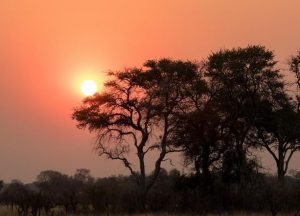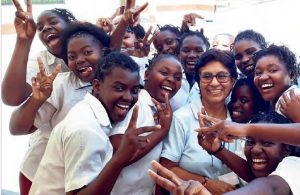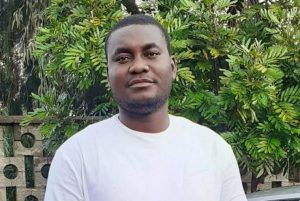A Comboni Missionary, Father Dario Bossi took part in the Synod of Amazonia held in Rome last October. He shares with us some reflections.
The waters of the great River of the Synod have formed an ocean: finally we came to the conclusion after three weeks of intense discernment. Now, I feel that this Synod offers a huge contribution to the ocean of the Catholic Church, which is enriched by the colours and flavours of the life of the Amazon; and just as the Amazon River collects water from many tributaries, this Synod also fostered the meeting of many experiences, from Latin America and churches from other continents.
Just like a river, this Assembly had its ups and downs, its accelerations and its obstacles. But the Spirit of God was leading it: we felt this Spirit present, acting and alive, in the fraternal result and in the feeling of communion with which the Synod concluded.
The perception of the urgency of the Amazon’s drama and the socio-environmental and climate emergency is clear and strong. The Church responds with listening, which is not a passive attitude, but a prophecy of encounter, dialogue and alliance with the poorest that this economic model is condemning to death.
“Alliance” is a key word which resonated deeply during the Synod hearings, when we consulted thousands of people and hundreds of Communities in Pan-Amazonia. They sought a Church that would be present, and would stand by the victims. And the Synod responded in equal measure to these expectations. And decisively.
Alongside communities, in defence of their rights and territories, the Church now assumes with greater awareness and depth the paradigm of integral ecology. However, living by integral ecology in the Amazon, for the Church and for society, for politics and for economic models, means recognising the urgency of conversion. That is why the Final Document contains conversion as a red thread, as it portrays a Church that listens and recognises that she herself still has much to change and learn.
Rather than teaching the way, the Amazonian Church wants to be the first to change: it recognise that it needs to be more open to intercultural and inter-religious dialogue; it undertakes the commitment to ecological conversion, for which there are very specific proposals; and it acquires the courage and firmness to approach the victims and the threatened.
Also, in this spirit of conversion, the Church opens spaces for new ministries, in the creativeness of the Spirit and in the constant inspiration and nourishment of the Eucharist, which was defined as a “sacrament of cosmic love”, an encounter of all creatures in the celebration of Easter.
The Synod also brought together a Church that recognises that it still has an incomplete vision of women. That is why it requires another, urgent and necessary conversion. Pope Francis refers to it this way in his final speech: “We welcome the challenge of women who want to be heard”.
In this way, concludes what I consider to be the second stage of the Synod, since the first consisted of listening in the territories. This second phase was that of discernment, of the meeting of the pastors of Latin America and others from the rest of the world. But now comes the third stage, which will be the return of the Final Document to the communities.
There is still a lot of work ahead of us. But we are encouraged by the strength of the ecclesial communion that we lived in this month of October. We feel the power of the Holy Spirit who confirms the steps of the Church. Pope Francis’ vigour also caught our attention. And finally, there is the voice of women and indigenous peoples, who resonated with dignity and strength in the Vatican halls and initiated new irreversible processes within the Church.
The Synod is recommenced as we await Pope Francis’ apostolic exhortation, to be issued this year, and we now return to the communities’ intuitions and ideas for moving forward in action and opportunities for collaboration. Christ continues to point towards the Amazon. Let us return to the Amazon.






